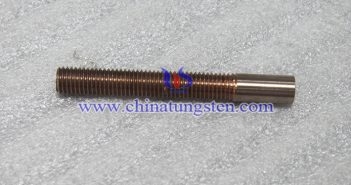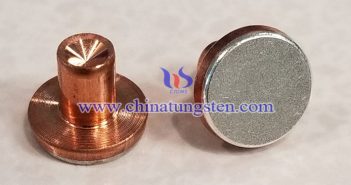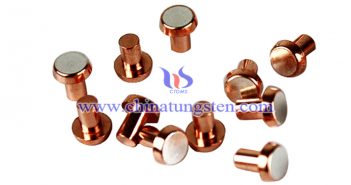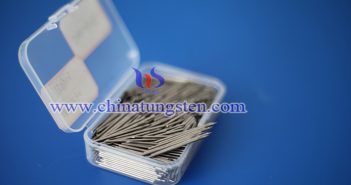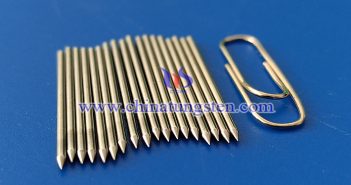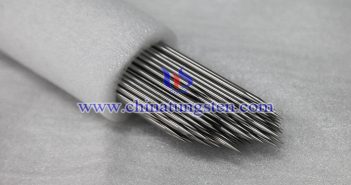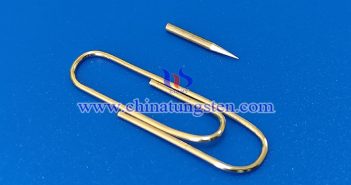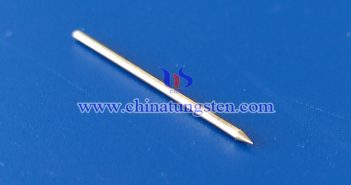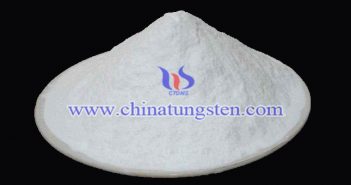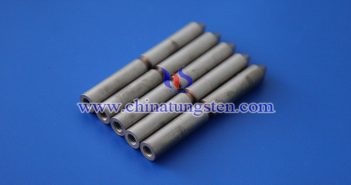
Tungsten copper alloy combines the advantages of copper and tungsten, with the advantages of high strength, high specific gravity, high temperature resistance, arc ablation resistance, good electrical and thermal conductivity and good processing performance. Given that, it has various applications as following: Electrical Contact Material Owing to high temperature resistance and electric ablation resistance, in the 1960s, some advanced countries used tungsten-copper alloys to manufacture electromagnetic fuses, throat linings on rockets and missiles, and other components. In addition, in the…

